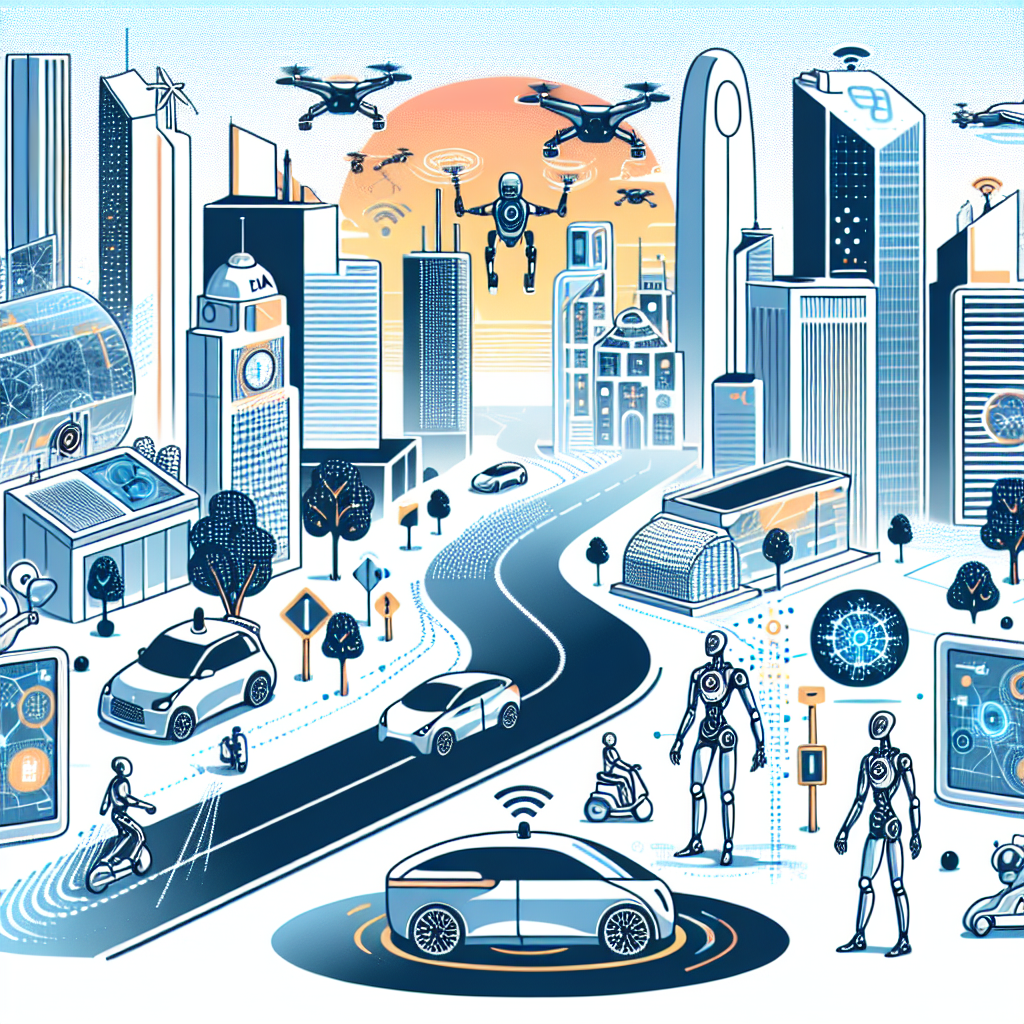Generative artificial intelligence (AI) is a rapidly evolving technology that has the potential to revolutionize a wide range of industries, from healthcare and finance to entertainment and marketing. In recent years, generative AI has made significant advancements, allowing machines to generate realistic images, videos, and even text that are indistinguishable from those created by humans. As this technology continues to improve, the future of generative AI is filled with exciting possibilities and potential impact.
Trends in Generative AI
One of the key trends in generative AI is the development of more advanced models that are capable of generating increasingly complex and realistic content. For example, OpenAI’s GPT-3 model, released in 2020, is one of the largest and most powerful language models ever created, with 175 billion parameters. This model is able to generate human-like text and has a wide range of applications, from natural language processing to content creation.
Another trend in generative AI is the use of generative adversarial networks (GANs) to create realistic images and videos. GANs consist of two neural networks – a generator and a discriminator – that work together to generate content and provide feedback on its realism. This technique has been used to create deepfake videos, realistic images of non-existent people, and even generate new designs for products.
In addition to advancements in models and techniques, there is also a growing trend towards democratizing generative AI. Companies like OpenAI and Google have made their models and tools available to the public, allowing developers and researchers to experiment with and build on these technologies. This trend is likely to continue in the future, as more companies recognize the potential of generative AI and seek to harness its power for their own applications.
Predictions for the Future of Generative AI
Looking ahead, there are several key predictions for the future of generative AI:
1. Improved Realism: As models and techniques continue to evolve, we can expect generative AI to produce content that is even more realistic and indistinguishable from human-created content. This will have implications for a wide range of industries, from entertainment and advertising to design and healthcare.
2. Personalization: Generative AI has the potential to revolutionize the way content is personalized for individuals. By analyzing data on user preferences and behavior, AI systems can generate personalized recommendations, products, and experiences that are tailored to each individual’s unique tastes and needs.
3. Ethical and Legal Challenges: The rise of generative AI also raises important ethical and legal questions. For example, how can we ensure that AI-generated content is used responsibly and does not perpetuate harmful stereotypes or misinformation? How can we protect against the misuse of AI for malicious purposes, such as creating deepfake videos or fake news?
4. Integration with Other Technologies: Generative AI is likely to be integrated with other emerging technologies, such as augmented reality (AR) and virtual reality (VR), to create immersive and interactive experiences. These technologies could be used in gaming, education, training, and other applications where realistic and engaging content is important.
5. New Business Models: The rise of generative AI is likely to lead to new business models and revenue streams. Companies may use AI-generated content to create new products and services, or to enhance existing offerings. For example, AI-generated music could be used in advertising campaigns, or AI-generated art could be sold as digital collectibles.
FAQs
Q: What are some common applications of generative AI?
A: Generative AI has a wide range of applications, including content creation, design, gaming, fashion, and healthcare. For example, AI can be used to generate realistic images and videos for advertising campaigns, create new designs for products, or even assist in medical diagnosis and treatment.
Q: How can generative AI be used in the entertainment industry?
A: Generative AI has the potential to revolutionize the entertainment industry by creating new forms of content, such as AI-generated music, art, and storytelling. AI can also be used to personalize content for individual users, creating more engaging and immersive experiences.
Q: What are some ethical considerations when using generative AI?
A: Ethical considerations when using generative AI include issues related to bias, privacy, and consent. For example, AI models may unintentionally perpetuate harmful stereotypes or produce misleading content. Companies must also ensure that user data is protected and that individuals have control over how their data is used.
Q: How can businesses leverage generative AI for competitive advantage?
A: Businesses can leverage generative AI for competitive advantage by using AI-generated content to create new products and services, enhance existing offerings, and personalize experiences for customers. By harnessing the power of generative AI, companies can differentiate themselves in the market and create unique and engaging experiences for their customers.
In conclusion, the future of generative AI is bright, with advancements in models, techniques, and applications continuing to push the boundaries of what is possible. As this technology evolves, it will have a profound impact on a wide range of industries, from entertainment and advertising to healthcare and design. By staying informed about the latest trends and developments in generative AI, businesses and individuals can prepare for the exciting opportunities that lie ahead.

